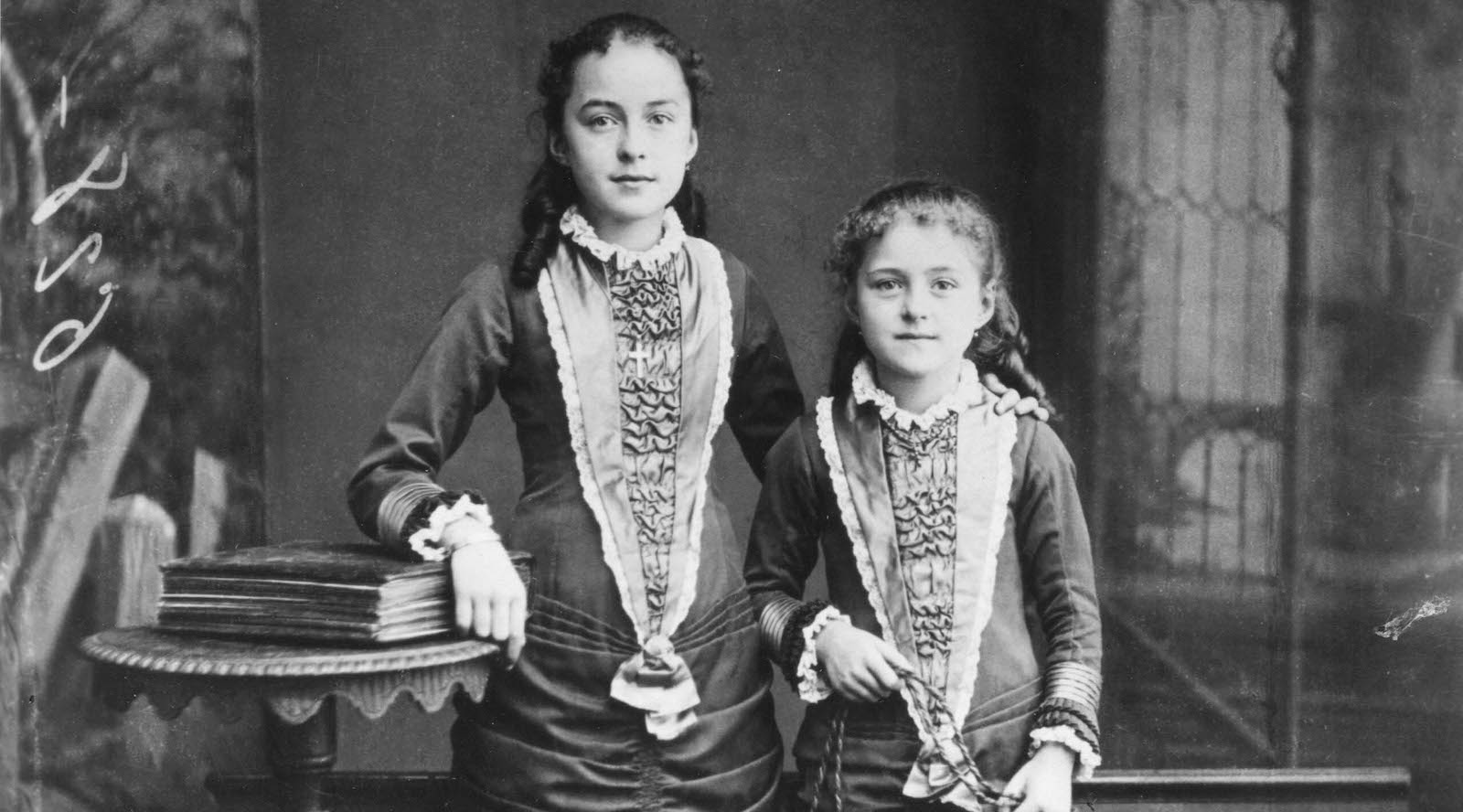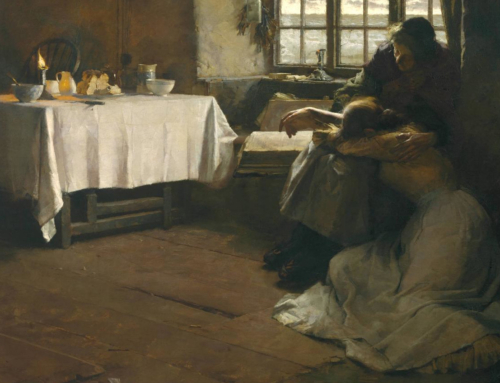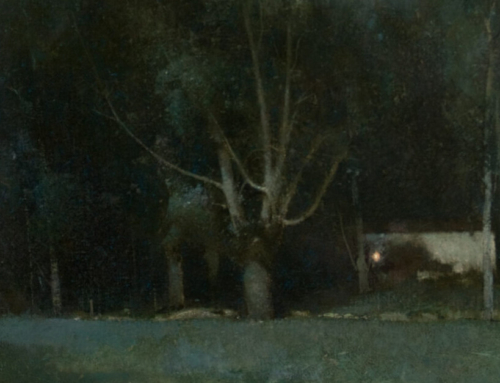This is part of a series entitled, “The Reason for Our Hope.” Read the series introduction here. To see other posts in the series, click here.
Children are fairly helpless. From a newborn even up through the teenage years, children require so much from their parents. It’s because of this helplessness, not in spite of it, that Christ tells us, “Amen, I say to you, unless you turn and become like children, you will not enter the kingdom of heaven. Whoever humbles himself like this child is the greatest in the kingdom of heaven” (Matt 18:3-4).
When we see children reaching out in need to their father and mother, trusting that their parents will fulfill their needs, we see hope in action. Such childlike hope is a necessary aspect of Christian life, and it lies at the heart of the spirituality of one of the Church’s most beloved saints, Saint Therese of the Child Jesus. She described her ‘little way’ as “the way of spiritual childhood, the way of confidence and total self-surrender.” Therese’s whole life shines forth as a hymn of hopeful confidence in God. By illuminating the path of spiritual childhood, St. Therese shows us the life-giving dynamic of hope and love.
Saint Therese’s spirituality is grounded firmly in the truth that God’s love comes before anything else in our lives (John 15, 1 John 4:19). She understood that any relationship with God must begin from the acknowledgment of our complete dependence on him. “To remain a little child is to recognize one’s nothingness, to expect everything from the good God, as a little child expects everything from its father. It is to worry about nothing.” Hope springs forth from the recognition of our dependence on God. Because God is the source of every good gift, we can trust that he will supply for all our needs (Jas 1:17).
For Therese, the quintessential act of spiritual childhood is surrender—the joyful acknowledgment that we are nothing on our own and that we receive everything from God. Therese gave the supreme expression of hopeful surrender in her “Oblation to Merciful Love.” There she says, “I desire, in a word, to be a saint, but I feel my helplessness and I beg you, O my God! to be Yourself my Sanctity!” By this offering in hope, Therese opened herself totally to the work of God’s fatherly love in her life, cashing in on the promise that God’s power is made perfect in our weakness (2 Cor 12:9).
For the children of this world, such surrender does not come easily. It requires us to confront our failures, our weaknesses, and our nothingness. To see that all our striving and personal glory is ultimately empty (Eccl 2:11). This is only possible when we live in the truth of our created nature and turn in hope to the only one who can help us.
Christian hope, which accepts our total dependence on God, finds cause for joy in the knowledge that Christ came to call sinners (Luke 5:32). “I know he loves the prodigal son,” writes Therese. “I have heard his words to Saint Mary Magdalen, to the woman taken in adultery, and to the woman of Samaria. No, there is no one who could frighten me, for I know too well what to believe about his love and his mercy.” Far from inducing fear, hope’s foundation in the humility of children opens us to love for God, who lowers himself to supply for our weakness. “It is confidence, and nothing but confidence, which must lead us to love.”
Indeed, how could we not love one who gives so lavishly to his children?
✠







